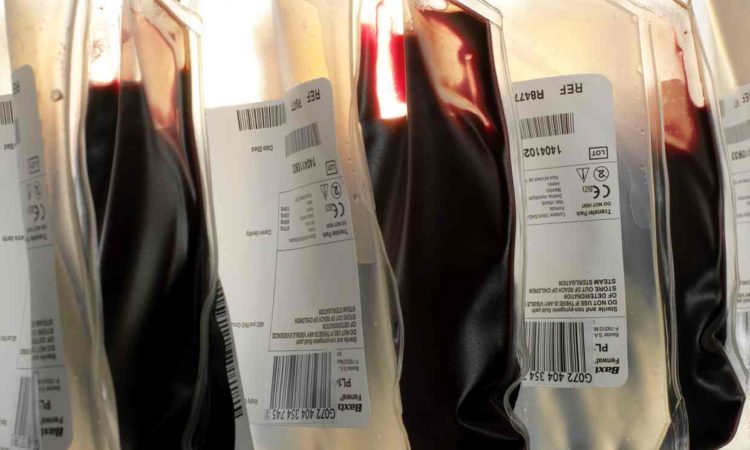Ghanaian Christians And Pascal’s Wager- You Are Doing It All Wrong
Turning your back on God is never an easy thing to do for someone who grew up in a religious country, and a hell of a religious household. Taking that step on the road to heathenism is quite disconcerting, not just leading up to it but especially dealing with the aftermath.
Being someone who rolled off the reservation, so to speak, quite recently- conversations with old friends meeting me for the first time, who have learned of my new world view online- can be quite the awkward party.
Religion for Ghanaians is pretty fundamental. We are not talking about the social activity increasingly secular Europe has turned it into, or the sophisticated interpretations of theologians and liberal Christians in the US. No, we are talking here of Ken Ham level dedication to biblical literacy and inerrancy, and the fundamentalist zeal of the rest of America’s Christian right.
So being an atheist to this crowd is a very interesting prospect to navigate. Of course it doesn’t help that I’m in the infancy of my atheism, were one often feels the need to poke fun at religion’s innumerable arsenal of ludicrousness. But I’m pretty sure it’s just a phase.
Although I digress. What I’ve garnered from these increasingly awkward conversations with old friends, who I inevitably get into these conversations about God and the universe with- is that Pascal’s wager seems to come up a lot.
Now I’m not quite certain my friend’s were even aware they were just rehashing the famed argument of Blaise Pascal, but it’s clearly something that comes along with the Christian programming of Ghanaian society. I myself had made that argument to myself several times during my less than stellar career as a Christian.
Pascal was a 17th century French philosopher, mathematician, and physicist. He famously devised this wager, which asks which worldview has worse consequences, strictly as a matter of mathematical probability. So if you worship God and die and he doesn’t exist, you have really lost nothing. However, if you do not worship God and die and it turns out he exists, then you have made a great loss (your eternal soul persishes).
Pascal of course, used much more flowery language, logical leaps, and mathematical probabilities to arrive at his wager. But in its basic form it is something like outlined above, and I’ve been hearing it quite often in recent times.
Now let’s begin with the obvious problem with a devoutly religious person invoking the wager. If you are at the point where you are thinking of the question of worship as being ‘what do I have to lose?’- then I’m pretty sure you are more in danger of falling out of Alice’s rabbit hole than you are of getting more entrenched in it.
True sincere believers might doubt God in times of difficulty, but I’m pretty sure they aren’t treating the whole thing like a wager, where you are trying to choose the right side just to hedge your bets. And God being omnipotent and omniscient and all, don’t you think he’s going to see right through the ruse?
However, the biggest drawback to Pascal as used by my Christian friends, and which I aimed to show to all who raised it to me, is that it presents a false dichotomy- Christianity, or atheism. So the Christian says if I die and my God doesn’t exist, I have really lost nothing.
Well, for starters, it is not like those are the only two worldviews in existence. By choosing to become a Christian, one is simultaneously rejecting all the thousands of other gods man has ever come up with. The Christian is saying that Allah doesn’t exist, that Buddhism and Hinduism and Shintoism is false. The Christian, upon choosing to become a Christian, is betting against all these Gods in an expanded form of the wager they never pause to consider.
I know Christians automatically tag those Gods as false, hence why they never factor them into the wager. But when making the wager from a neutral perspective, one must assume that all the worldviews have the possibility of being true, because we have no particular reason to trust one God over the others. You have a bible? They also have the Quran and the Bhagavad Gita. You have Jesus, they have the Buddha or Dionysus. How to choose? The probability of your birth landing you in the one right culture with the one right God is just too minuscule to even be considered. And even if you consider the vast levels of differences between Chrisitians, such as Seventh Day Adventists, Catholics, Jehovah’s Witnesses and Mormons- they might as well be worshipping different gods- all of whom we even have to add to the wager.
So when the Christian asks ‘if I die and Yahweh does not exist, what do I lose?’ – they are only saying that because they have not considered all the alternatives.
So building from the end point of the wager, the admission that after you die Yahweh does not exist, well what if Zeus does? What if he is up there in the heavens fuming over having lost his grip on the human race, and is just waiting to throw everyone into the underworld? What if another God exists that is not your God, and he gets pissed off at you for spending your whole life taking the Eucharist when you should have been drinking cow piss or something?
The point here is that, a more accurate bit of the wager would be to factor in all the religions of the world, plus atheism, and then do your probabilities. You would end up with a number so small for your religion, that you might as well be an atheist. After all, maybe whichever God is up there would likes people who worshipped no-one better than those who worshipped their worst rival.
Naah, who am I kidding? All Gods hate unbelievers with a passion. We are the inhabitants of Zion, threatening to unplug everyone else from the Matrix.






